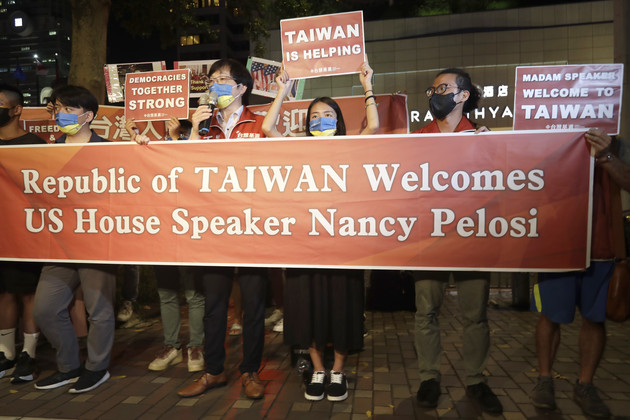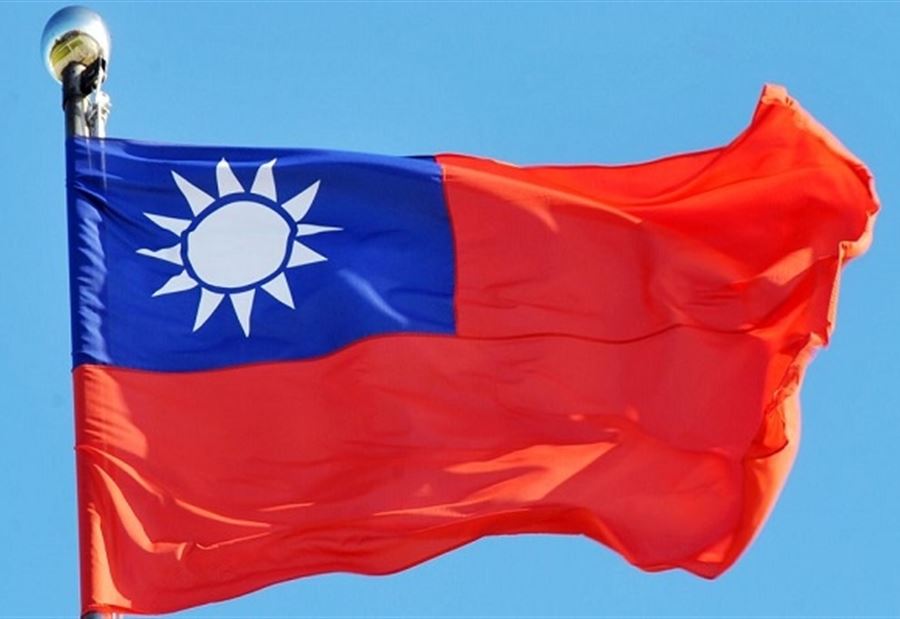The attacks hit at least four websites — those of President Tsai Ing-wen, the National Defence Ministry, the Foreign Affairs Ministry and the country’s largest airport, Taiwan Taoyuan International.
It wasn’t clear where the cyber-attacks came from. Their timing added to concerns over China’s vehement opposition to Pelosi’s visit.
Key Taiwanese websites experienced intermittent outages on Tuesday 2nd August due to some minor cyber-attacks just ahead of House Speaker Nancy Pelosi’s arrival in Taiwan.
The attacks hit at least four websites — those of President Tsai Ing-wen, the National Defence Ministry, the Foreign Affairs Ministry and the country’s largest airport, Taiwan Taoyuan International.
It wasn’t clear where the cyber-attacks came from. Their timing added to concerns over China’s vehement opposition to the visit by Pelosi, D-Calif.
A spokesperson for the Chinese Embassy in Washington didn’t immediately respond to a request for comment.
The website outages were the result of distributed denials of service, or DDoSes, in which hackers’ direct large swarms of computers to visit websites at the same time to overwhelm them with traffic and render them inaccessible. Cyber security experts consider DDoS attacks to be minor compared to other types of cyber-attacks, as they require minimal skill or infrastructure to conduct, they tend not to do any lasting damage and they are relatively easy to conduct. Experts often have difficulty identifying the culprits, however.

A spokesperson for Tsai said on Facebook that the president’s website had been the victim of a DDoS attack. Doug Madory, the direct of internet analysis at Kentik, a company that monitors website traffic, said he could see evidence of a DDoS attack on those intermittently inaccessible websites.
“Big enough to be effective but not record-breaking,” Madory said in a text message.
While state-sponsored hackers do sometimes conduct DDoS attacks, such attacks are also often the calling card of hacktivists, said John Hultquist, the vice president of intelligence analysis at the cybersecurity company Mandiant.
“It is a way that nationalists of any background can express themselves. It doesn’t necessarily indicate any kind of broader coordination or any state actor,” Hultquist said.
While China’s state hackers have conducted DDoS attacks in the past, they’re far more likely to conduct cyberespionage, Hultquist said. So far, his company has yet to see evidence of that related to Pelosi’s visit, he said.
“Obviously we’re of course worried about espionage. I fully believe that the Chinese cyber espionage actors can figure out exactly what’s going on here,” he said.


Leave a Reply